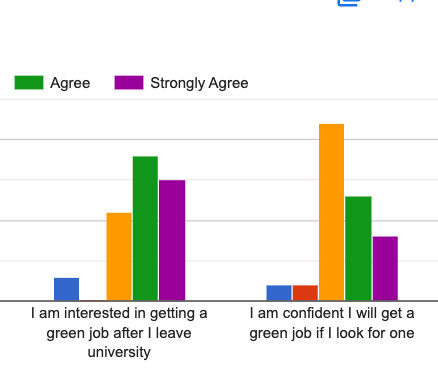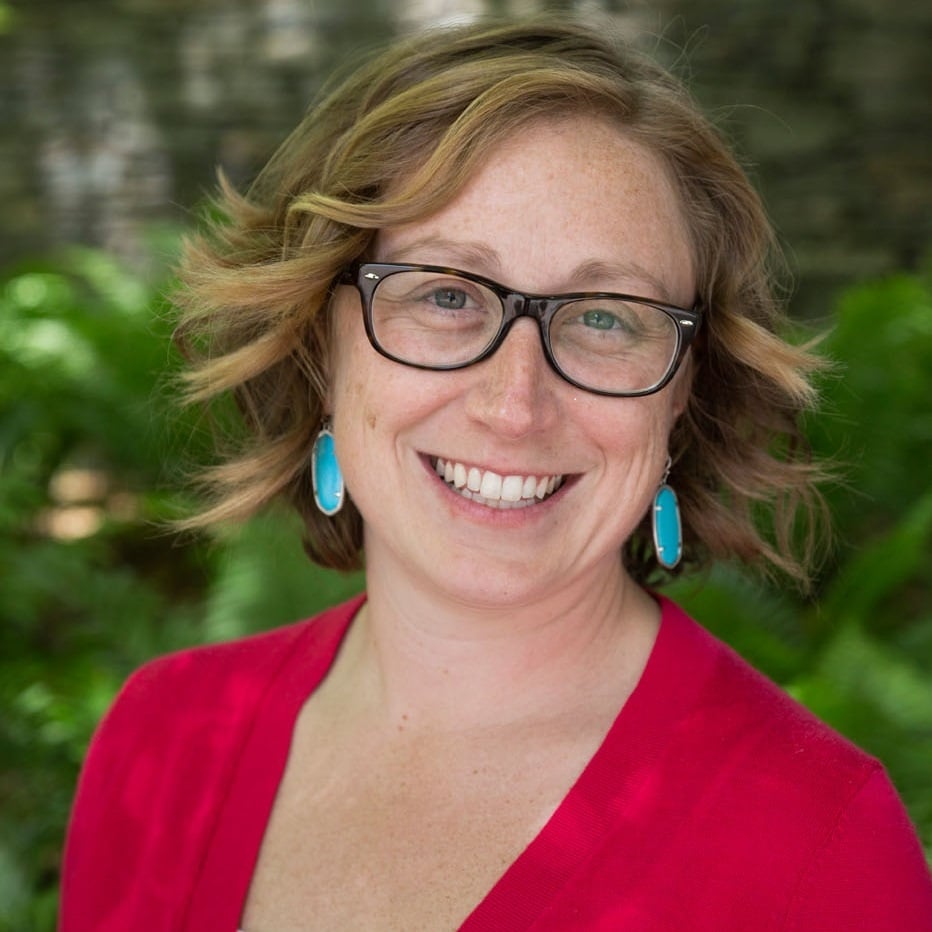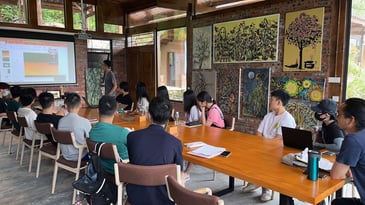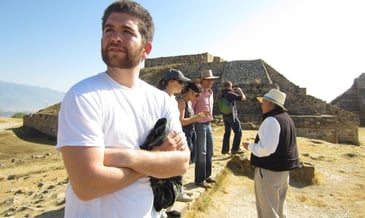Survey Shows Kyrgyz Student Interest in Green Careers

A survey of high school and university students from across Kyrgyzstan reveals a strong interest in jobs that improve air and water quality and protect the land and climate in Central Asia. Overall, 70% of the respondents agreed or strongly agreed that they were interested in a green career after university. The answers were drawn from a sample of students taking environment-related courses.
“I am very motivated that every year there are more and more organizations in the field of ecology in Kyrgyzstan” said one respondent. “I would really like to help develop the green economy of my country and the world.”
The survey defined a green job as one that helps create a better environment by polluting less or using less natural resources. Green Jobs are found in private companies, NGOs or government agencies that either (1) produce green products or services, or (2) use green processes in producing products and services.
Students Awareness of Green Jobs
Almost all of the students in the survey indicated a basic understanding of what was meant by a green job, and three quarters had a good understanding. Students pointed to people in their own cities and towns already working in the area. As figure 1 shows, over 98% of the sample knew at least one person in a green career. The most common jobs students were aware of were in environmental education, women’s empowerment, ecotourism, recycling, and reducing air and water pollution.
FIGURE 1: Awareness of Green Jobs in Kyrgyzstan
Green Careers: Students Choose Media, Education and Business
When asked what kind of work students were interested in, the most popular response was in media: social media, video production, and marketing, as seen in Figure 2. The second most common area was environmental education, including working in national parks and forests. And the third focused on business, particularly entrepreneurship, but also the hospitality, food and logistics sectors. Given the importance of mining and ranching in Central Asia, the lack of student interest in those areas was notable.
Figure 2: Student Interest in Green Careers by Sector
The Green Job Hunt
Students are preparing themselves for careers by working and volunteering to gain problem-solving experience. More than half of the students work at least 10 hours a week either for pay or as volunteers while in school.
Students were also asked: “Suppose you wanted to learn more about how to get a green job after university-- for example. what courses to take, other skills needed to learn, how to network and find a job, Do you have an adult who could help you with advice?” In response, just over a third said no, while 23% said maybe, and 42% were confident in their ability to find a mentor.
Figure 3 illustrates the challenges that students thought would be likely in their green career search: overall lack of green jobs (32%) ; lack of a mentor (19%); not enough courses available at university to prepare them for these positions (15%); green jobs not paying well (11%); and parental pressure pushing them in some other direction (10%).
Figure 3: Obstacles to Green Careers in Kyrgyzstan
One student commented: “The sphere of green jobs is developing, but mostly those are NGOs sponsored by international organizations or funds. You can get either a job in those NGOs or in international organizations themselves. Green jobs as a notion isn't being promoted highly among professionals such as managers, farmers, scientists etc.” On the other hand, another student observed that “entrepreneurs are doing a really good job regarding Green Jobs.” Another added that “a lot of travel companies have begun to use green technologies in their tours and are actively promoting green technologies.”
Despite the perceived obstacles, students were mostly confident that they would be able to find a green job: 44% agreed or strongly agreed that they could do so, 45% were somewhat confident, and only 10% were doubtful.
Overall, 47 students completed the survey, of whom two-thirds were from Bishkek, and one third from Osh, Karakol and other cities and villages. The survey was completed by researchers from the American University of Central Asia and Bard College in New York as part of a US Embassy-funded project supporting climate education and the green economy in Kyrgyzstan.
Dr. Eban Goodstein, an economist at Bard who helped design the survey noted the need for career advising and mentoring. “The group we focused on are among the students most aware of green career options in the country”, he said. “And yet at least a third still are unsure of where to turn to for advice”. This points to the importance of raising awareness about growing opportunities in this sector in Central Asia. Goodstein also noted that as climate change heats up, jobs helping Kyrgyzstan’s agriculture and ranching sectors adapt to water shortages would be especially important.



-1.jpg?width=365&name=clean-air%20(2)-1.jpg)
